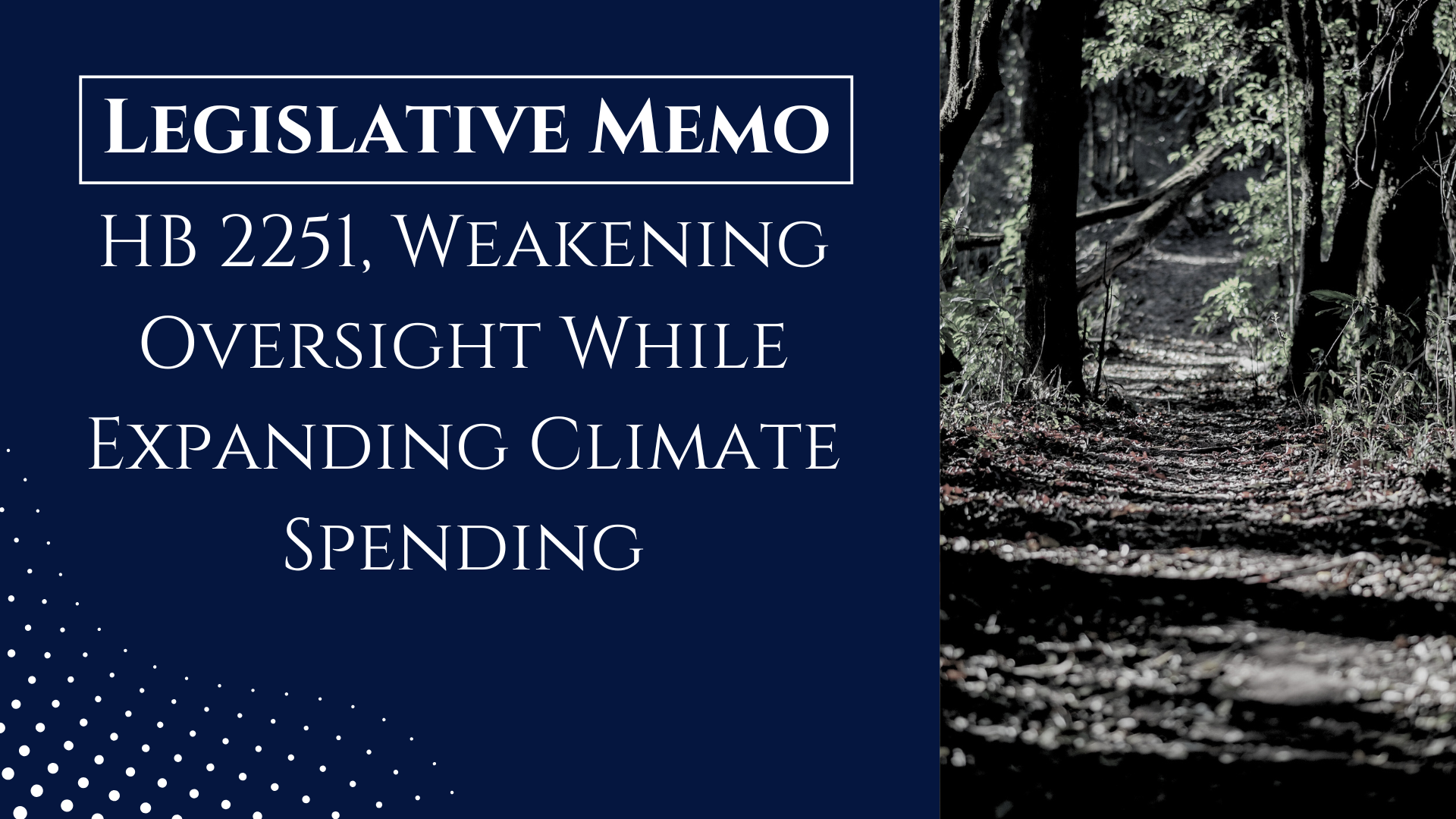Note: Prior to publication, we shared this with Ecology for factchecking and to verify our interpretation of our discussion. They offered some edits and we have included all of them in the text below.
As Governor Inslee prepares to release his climate policy, ocean acidification has become his central argument for cutting carbon emissions. In August, the New York Times printed a profile of the Governor, noting, "Billions of baby oysters in the Pacific inlets here are dying and Gov. Jay Inslee of Washington is busy spreading the bad news."
Now, the Department of Ecology says the science simply "is not there" to back up those claims, adding "we do not yet know how Pacific Ocean conditions would affect Puget Sound or coastal bays."
We noted this in a blog last month. As the Governor was claiming widespread oyster death due to acidification, the Department of Ecology (DOE) was simultaneously arguing in court that there is no "conclusive evidence that Washington’s coastal aquatic life in the natural environment are being impaired by ocean acidification."
Two weeks after our blog, Ecology Director Maia Bellon responded, writing on DOE's blog ECOconnect that "Ocean Acidification is real," saying quotes from Ecology's legal filing were "misinterpreted." She added, "Billions of oyster larvae have died over this past decade at Pacific Northwest hatcheries, and reproduction of wild Pacific oysters at Willapa Bay has declined."
Naturally, we asked how the comments had been "misinterpreted." Mindy Roberts, a scientist who is leading DOE's ocean acidification research in Puget Sound offered to answer our questions.
Ms. Roberts noted that the word "impaired" in DOE's legal brief is a legal term relating to meeting the standards of the Clean Water Act. The Act sets thresholds to determine whether wildlife have been impacted and the argument in the brief was that current acidification did not meet the definition of "impaired."
Put another way, acidification could be impacting wildlife but not pass the legal threshold necessary for additional protection.
So, I asked what evidence there was for evidence of harm, even if it did not meet the legal threshold. Ecology candidly admitted they simply do not have any evidence. They made this point in several ways.
First, they highlighted a study that claimed oysters were being impacted, Barton et al (2012), actually showed acidification levels (i.e. pH), were in the normal range of 7 - 8.5 in the waters he surveyed. Further, the harm to oyster larvae occurred in a nursery, not the natural environment. Finally, the study itself warned, as Ms. Roberts put it, "data gaps preclude extrapolation" to other areas.
Second, Ecology is guiding an effort to improve monitoring in Puget Sound because there simply isn't enough research or data. Conclusions, made by others, about impacts to oysters in Puget Sound, therefore, are premature, citing NOAA's conclusion that it "is premature to conclude that acidification is responsible for the recent oyster failures.”
Finally, with regard to the coast and Willapa Bay specifically, Ms. Roberts said that while she was not doing research there, when it comes to claiming wild oysters are being harmed due to acidification, "the research isn't there." That, however, is at odds with the claim made by Ecology Director Maia Bellon, who specifically claimed "reproduction of wild Pacific oysters at Willapa Bay has declined." Ms. Roberts said to her knowledge the only research on impact to oysters in the area was the Barton study, which was in Oregon nurseries, not Washington waters.
To be clear, DOE didn't say impact was not occurring. They said they don't know one way or the other because they don't have evidence to draw a conclusion. Ecology was clear that there is no credible science to support the claim that oysters were being harmed due to ocean acidification.
That stands in stark contrast to the claims of the Governor, the Director of Ecology and others. For example:
- In a New York Times interview, Governor Inslee said "It used to be the canary in the coal mine. Now it’s the oyster in the half shell. You can’t overstate what this means to Washington.” The Governor went on to claim that a company moved its operations out of Washington to Hawaii due to acidification impacts. Ecology's scientists, however, say there is literally no evidence to support the claim that oysters are being harmed by acidification in Washington waters.
- Crosscut editors noted that Governor Inslee was pushing his climate agenda "lest the acidifying Pacific dissolve every last oyster shell in Shelton." Ecology is clear there is no evidence of any kind showing Shelton oysters have been harmed by acidification, let alone "every last oyster."
Ocean acidification represents the best and worst of public environmental agencies. It is a situation I saw when I was at the Department of Natural Resources.
The scientists in the agency are candid and honest about what they know and what they don't. Scientists often have their own opinions about public policy, but when asked a scientific question, most agency scientists give a scientific answer. Talking with these scientists is always a pleasure, even when they deliver science that is uncertain and complicated.
Acidification certainly is worth looking at and with competent and curious scientists leading the effort, I am hopeful and interested to see the results of Ecology's new monitoring program.
The political leadership, however, often sees scientific uncertainty as a barrier to implementing their chosen policy path. They substitute attitude for science, declaring affirmatively "Ocean acidification is real," and claim "billions of oyster larvae have died" even if there simply isn't the data to make those claims in Puget Sound. Not only does that make for bad policy, it sends a message to agency scientists about the results they should produce. Knowing that the agency director has boldly declared that acidification is harming oyster larvae, there is not so subtle pressure on the scientists to find evidence that backs up that claim.
There is a clear contradiction between the political messages from the Governor and Director and the science of ocean acidification. The question is whether the Governor and Director will conform to the science or whether they will make the science conform to their politics.




